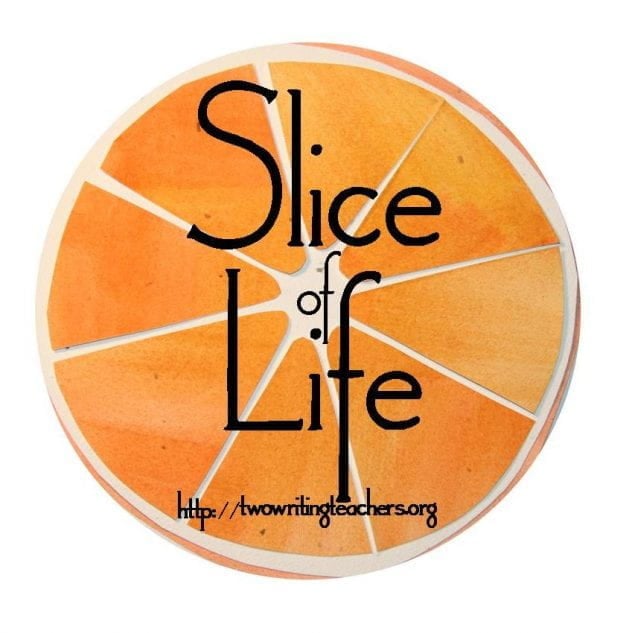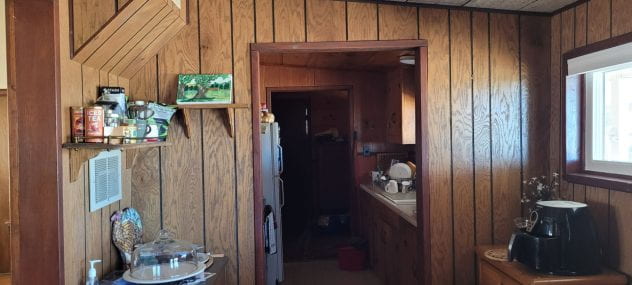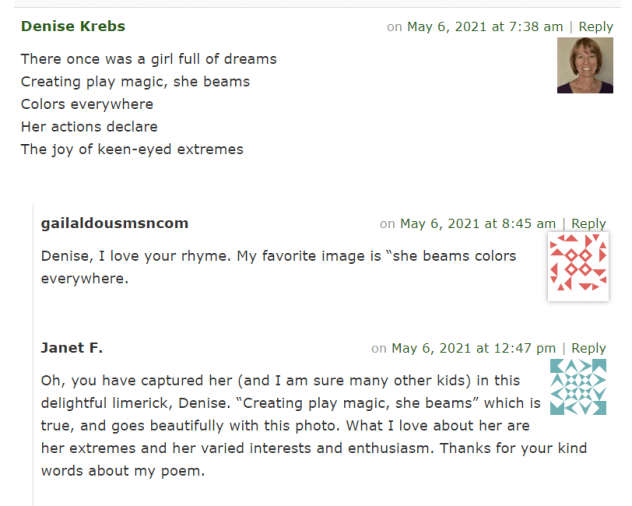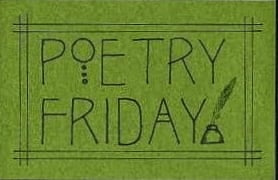
Today’s word is laughter. In Dictionary for a Better World, the laughter page has a sweet nonsense poem about a hippopotamus.
The nonsense limerick I wrote today is filled with jabberwocky, and it’s about a chiskly:
There once was a chiskly named Brox
who metted when he snit his regox.
With kepkug and koof
then taptug and toof
He just prates to go to the quox.
I hope you smiled, at least, on this National Tell a Joke Day.
In another slice of my life, we are beginning a do-it-yourself kitchen remodeling, or perhaps I should say a “kitchen opening up”. Fortunately, I have a sister who is helping with the impossible parts that we would never be able to do. We are getting pretty good at dismantling, though:


This monsoon season has been fairly wet in the desert. I’m just sitting on the back porch enjoying hearing the rain hit this metal roof on the carport. I love that sound:
Then I had to move to the front because I was getting too wet…
Now I’ve finally come in the house for a while because it is even getting the porches wet. This is the most rain we’ve had all summer. It is so lovely and refreshing. I hope you are having a good summer day (without flash floods, that is).
During each day in the months of August and September, I am responding to a different word from Dictionary for a Better World: Poems, Quotes, and Anecdotes from A to Z by Irene Latham and Charles Waters, illustrated by Mehrdokht Amini. Today’s word is Laughter. A small group of people wanting to make the world a better place are reading and responding together. Join us! Visit Common Threads: Patchwork Prose and Verse by Kim Haynes Johnson for more information. Here is the word list I’ll be following for August and September.

